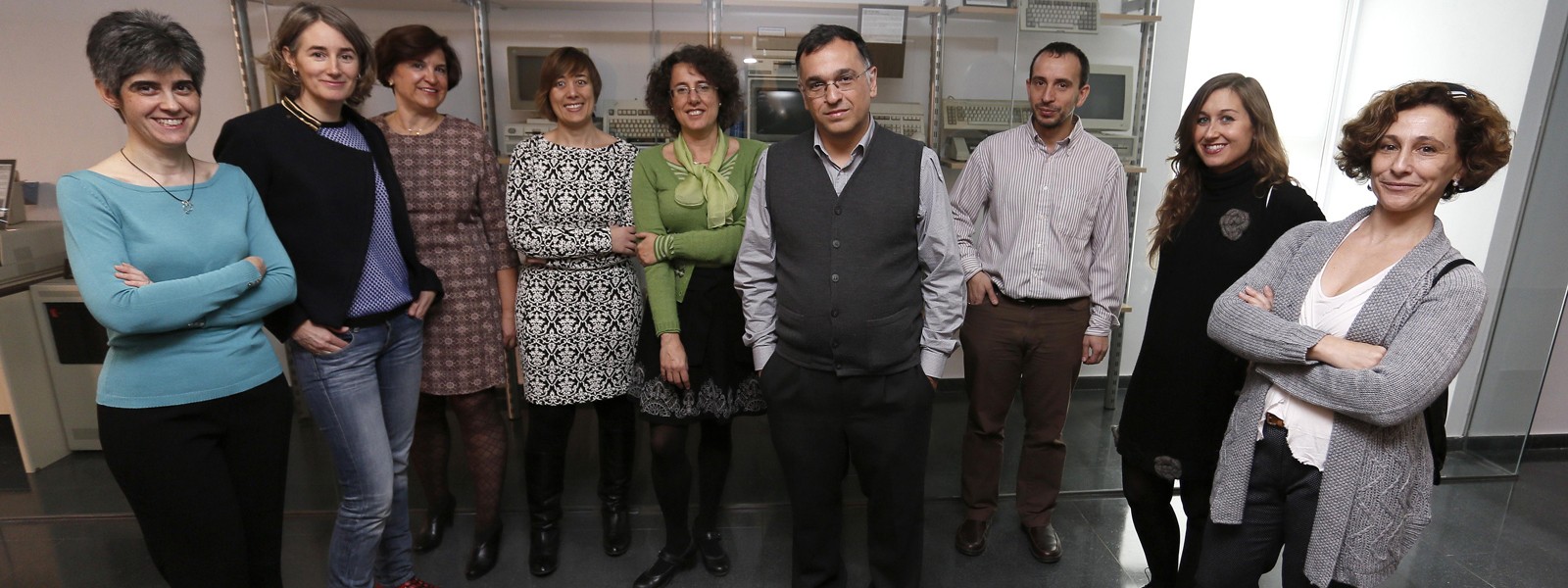DIRECTOR
RESEARCH TEAM
María de las Mercedes Gómez Albarrán, Amelia del Rosario Sanz Cabrerizo, María Dolores Romero López, Antonio Sarasa Cabezuelo, Ana María Fernández-Pampillón Cesteros, Miriam Llamas Ubieto, María Goicoechea de Jorge and Begoña Requeiro Salgado, Universidad Complutense de Madrid.
COLLABORATING INSTITUTIONS
DESCRIPTION
The aim of this project is to offer researchers specializing in the humanities the opportunity to create specialized digital libraries through the integration of contents that they themselves have collaborated in creating, as well as contents drawn from existing digital libraries and sundry other external sources. The establishment of these libraries will facilitate the use of these specialized contents where they are most needed, as in, for instance, research and postgraduate training.
We propose to apply a unified model of digital collection management based on three elements: (1) a unified reticular organization for collections of digital objects, (2) a dynamic and flexible mechanism for reconfiguring collection structures and, (3) the domain expert as the center of the whole process of creating and managing the specialized libraries. This model will enable large digital collections to be assigned to a specialized knowledge domain and will promote their utilization by incorporating mechanisms for personalized content annotation.
The model will be validated by building a unified digital collection management platform incorporating the @note tool for collaborative annotation. The platform will then be applied to a case study of philological interest: the creation of a digital library specializing in rare, forgotten works from Spain’s “Silver Age”. This library will house contents from the HathiTrust and Biblioteca Nacional Española. Finally, the library’s value for research and teaching in the digital humanities will be experimentally demonstrated.
The results of the project will be disseminated and made available to scientists, educators and any other person or organization concerned with the promotion and preservation of the digital heritage, in order to extend this line of research in the digital humanities.

